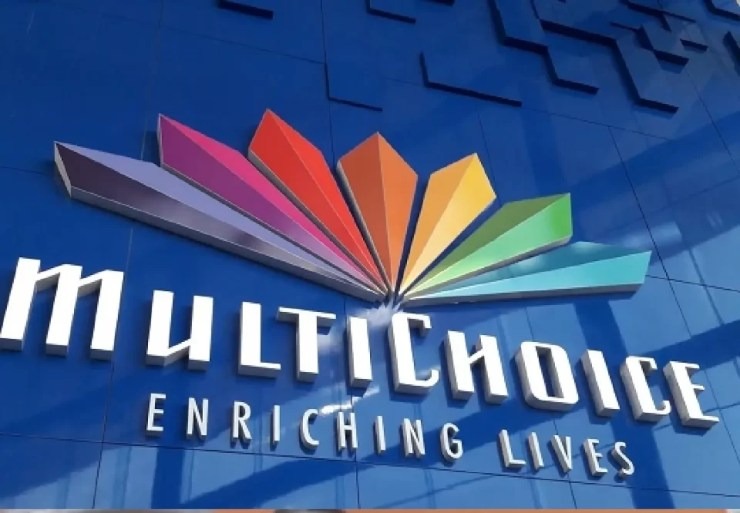As data prices soar, Nigerians are looking for creative ways to maximise their data usage and reduce expenses. In today’s digital era, internet access has become indispensable for work, education, and social interactions. However, the recent surge in data tariffs is pushing many Nigerians to the brink, making connectivity an expensive necessity rather than an accessible resource. …
Media

Disney Cuts Deep: 200 Jobs Axed Amid Media Shift
The Walt Disney Company is set to eliminate approximately 200 positions, impacting nearly 6% of the combined workforce within its ABC News Group and Disney Entertainment Networks divisions, a move signaling the relentless pressures reshaping the media landscape. This restructuring, first reported by The Wall Street Journal, underscores the company’s ongoing efforts to adapt to the …

MultiChoice Faces Legal Storm as FCCPC Escalates Price Hike Dispute
The Federal Competition and Consumer Protection Commission (FCCPC) has escalated its confrontation with MultiChoice Nigeria, initiating formal legal proceedings against the pay-TV giant and its Chief Executive Officer, John Ugbe. This move comes in response to MultiChoice’s defiance of regulatory orders, specifically its implementation of a controversial price increase despite an ongoing FCCPC inquiry. The …